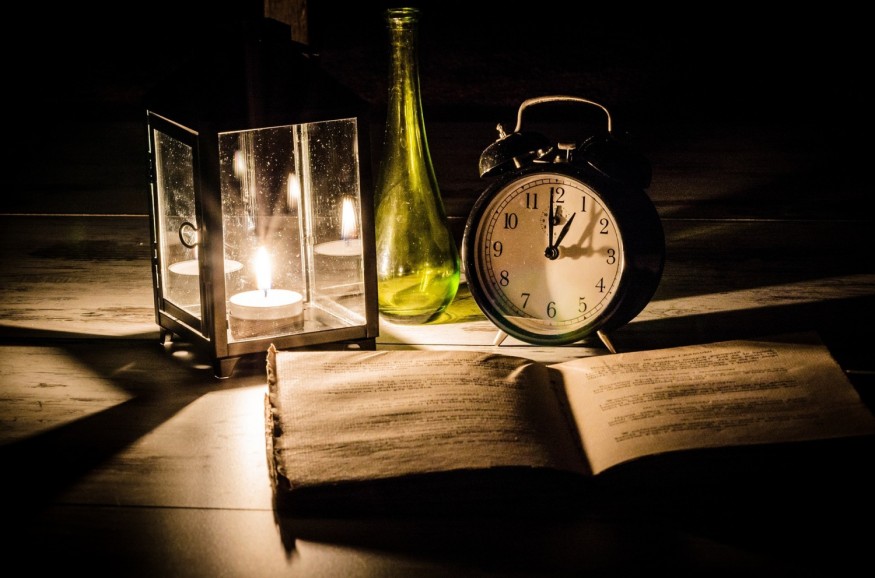
The Doomsday Clock ticked down to a hundred seconds to midnight on Thursday, January 23. The 'doomsday' symbolizes the greatest stage of peril to humanity since its creation in 1947 as the risk posed with the aid of climate crisis and a growing nuclear race loomed largely.
Rachel Bronson, president of the Bulletin of the Atomic Scientists, explained how close the planet is on how close the world is to climate change's catastrophe in seconds.
Panels of experts, including 13 Nobel laureates, took part in deciding the Doomsday Clock. The time was originally set to seven minutes to midnight - held from 2018 to 2019 and 1953. The furthest it has ever been at 17 mins, following the end of the Cold War in 1991.
Mary Robinson, chair of an independent group of global leaders called The Elders and the former president of Ireland and former UN high commissioner of human rights, said the world needs to wake up. "Our planet faces two simultaneous existential threats," Robinson said.
Robinson said that countries that don't aim to eliminate greenhouse gas emissions warming the Earth and continues to exploit fossil fuels are issuing "a death sentence for humanity."
Scrapped treaty
Subject expert Sharon Squassoni said the arms managed to control obstacles that helped prevent disaster on the nuclear front over the last half of the century. He added the treaty might be dissolved next year.
The demise in 2019 of the Intermediate-Range Nuclear Forces (INF) Treaty, with the US and Russia entering a new competition to deploy once-banned weapons, is included.
Squassoni said Pyongyang vowed to press beforehand with a new strategic weapon despite initial hopes that Washington's unorthodox approach to North Korea might produce results.
While public pressure presents a "sliver of hope" for the climate, Robinson said leaders are seemed unpressured to avert nuclear threats.
Robinson said the nuclear weapons would be used by accident, intention, miscalculation, or design once weaponry is available and inevitable.
Climate hope?
The two most critical UN summits on the climate crisis - including the COP25 talks - fell dismally brief on the required steps to limit global warming in the goals laid out by the Paris Agreement. Scientists say it is essential to prevent doomsday.
The outcomes had been already apparent in the record-breaking heatwaves and flood India faced in 2019, and the wildfires that raged from the Arctic to Australia.
Sivan Kartha, a scientist on the Stockholm Environmental Institute, underscored there is no purpose on assuring that any nation would remain hospitable to human civilization if humankind pushes the climate to the other side of the ice age.
Russia. in the meantime, has introduced a new hypersonic float missile. The United States is trying out its very own weapons that severely limit response times for directed nations.
Robinson urges the world leaders to work together in 2020 as environmentalists try to tug humanity back from the brink.
"Now is the time to come back together - to unite and to act."
© 2025 NatureWorldNews.com All rights reserved. Do not reproduce without permission.





